Digital Humanities Summer Fellowships
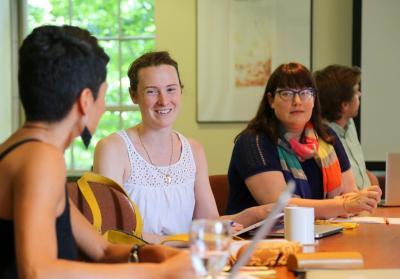
The Simpson Center offers annual summer fellowships for faculty and graduate students to pursue research projects that use digital technologies in innovative and intensive ways and/or explore the historical, social, aesthetic, and cross-cultural implications of digital cultures. The program has three primary goals:
- To animate knowledge—using rich media, dynamic databases, and visualization tools
- To circulate knowledge—among diverse publics
- To understand digital culture—historically, theoretically, aesthetically, and generatively
The Simpson Center gratefully acknowledges the support of a National Endowment for the Humanities Challenge Grant and the Andrew W. Mellon Foundation as well as many donors to the endowment which is underwriting these fellowships.
2025 - 2026 Digital Humanities Summer Fellows

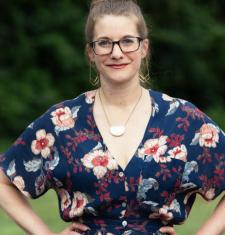
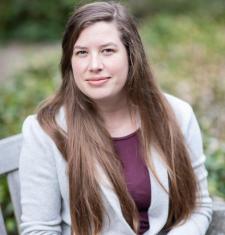
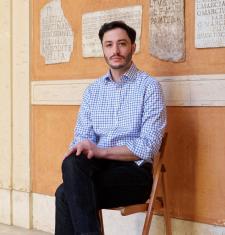
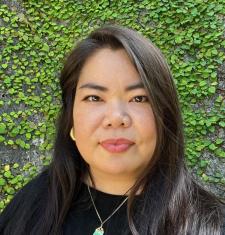
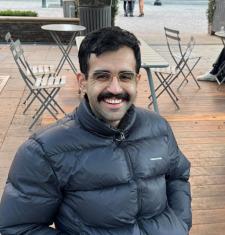

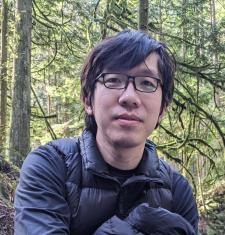
2017 - 2018 Digital Humanities Summer Fellow
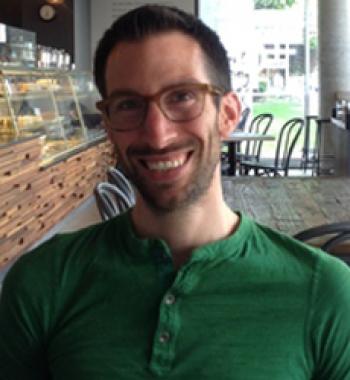
Michael Degerald (he/him/his)
Digital Traces of Iraq's Cultural and Political History
This project works towards creating a digital archive of rare and hard-to-find Iraqi texts from the 1970s and 1980s. These texts were part of national propaganda campaigns to shape Iraqi identity. This project investigates these –often-ignored primary sources and shows their importance to understanding Iraqi history in this period as well as contemporary Iraq. Over the summer my goal is to develop simple Dublin Core metadata for the texts. This builds toward the potential construction of a digital archive online making the texts widely available for a number of different publics.